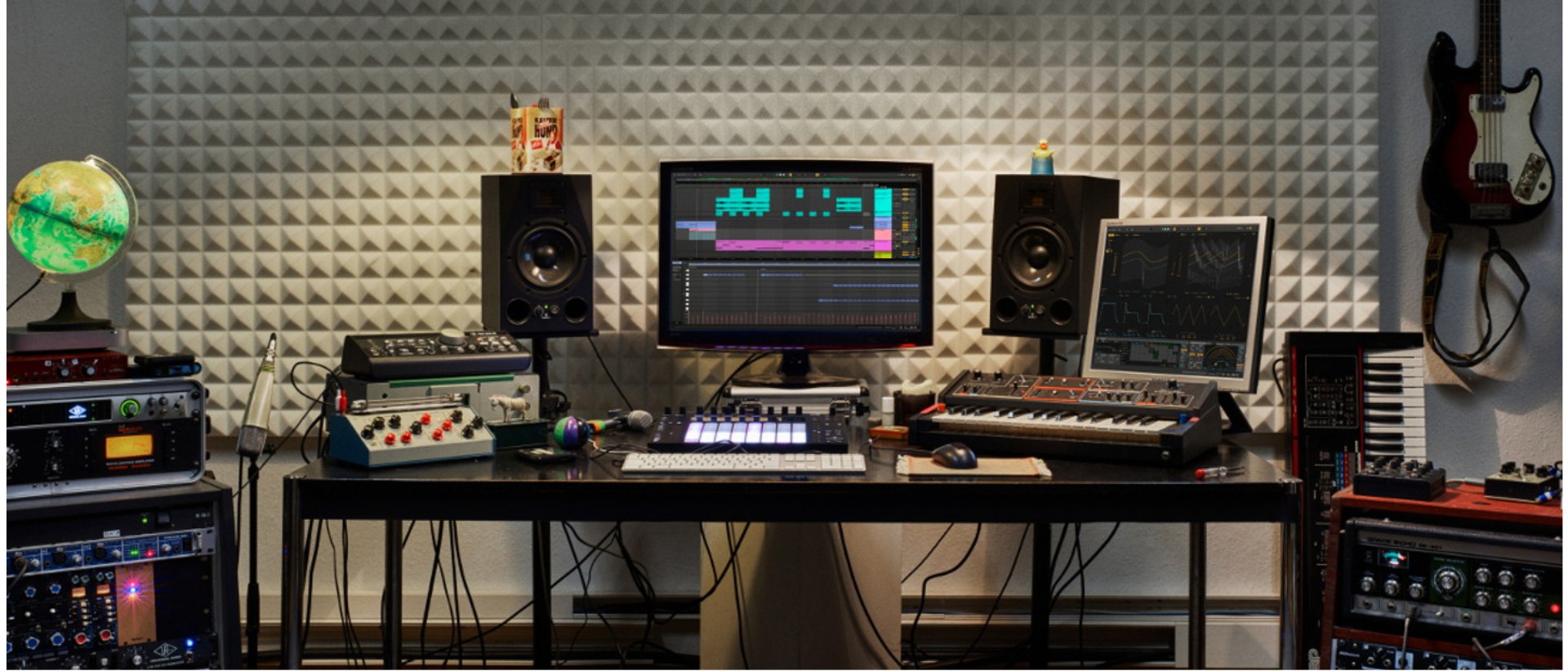

The speakers are IKEA salad bowls, altered to propagate sound better. Wii remotes capture their movement patterns. The music makers supplement their technological tunes simply.

“We want everybody to have their own experience.” “If you go to a rock concert, they play the same sound across all the speakers, but we don’t do that,” said Tianyu Ge, a Virginia Tech computer science major and L ²Ork member.

Nor do they use simple outward-facing speakers. They do not simply click away on laptops, as if writing an email, but gracefully glide to modified tai chi choreography. The group’s events are not typical concerts. L ²Ork focuses on creating an immersive, distinctive sensory experience.

Instead of paying thousands for the technology, L ²Ork has had to pay only a few hundred per station, allowing the group to travel more easily. Unlike Macintosh and Windows, Linux is open-sourced - meaning users can access it for free and are free to create whatever they want with it - and essentially is the technological equivalent of an uncarved marble slab or unpainted canvas. But it stands out from its predecessors as L ²Ork uses the Linux operating system. Virginia Tech’s Linux Laptop Orchestra succeeds both the Princeton Laptop Orchestra and the Stanford Laptop Orchestra. Like the piano in the 1700s, laptop orchestras feel wildly experimental but could one day feel as normal as black and white keys - at least that’s what the members of L ²Ork hope. “It may seem kind of radical, but it’s not when you think about it, every era of music evolution has introduced some kind of technological progress.” “It’s the notion to be musical and take classical and orchestral performance and mix it up with technology,” Bukvic said. The workshop and performance will allow the honors and architecture students to go behind the screen and learn what exactly it means to make collaborative music with a laptop.


 0 kommentar(er)
0 kommentar(er)
